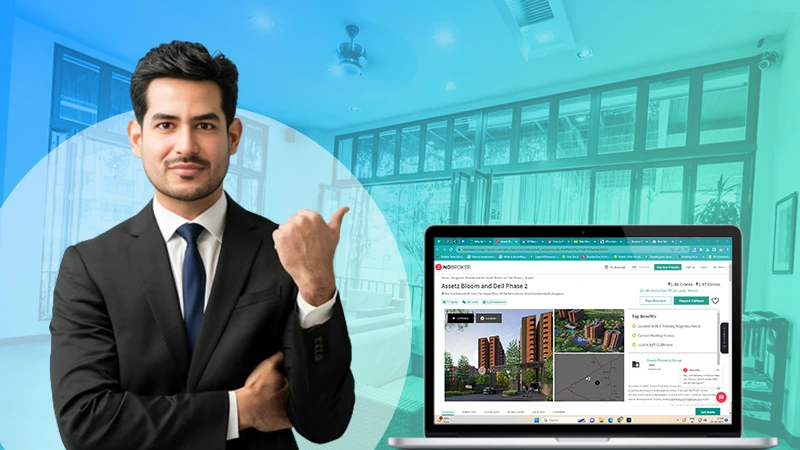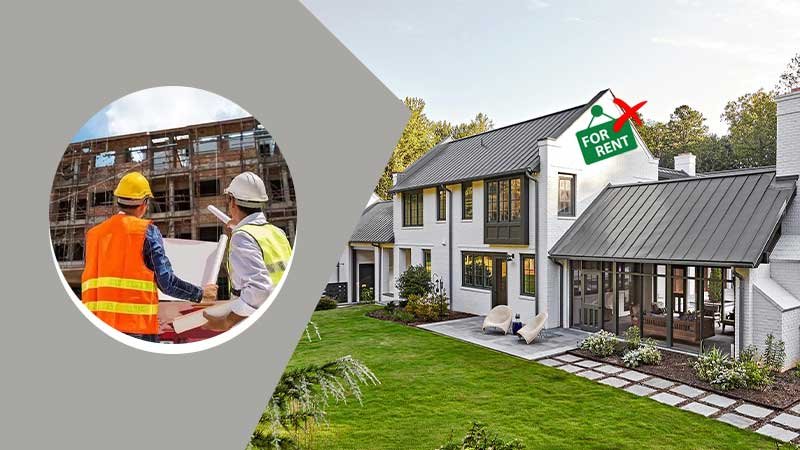What is eClosing? Digital Mortgage Closings Explained
The mortgage industry, known for its cumbersome and paper-intensive processes, is in dire need of a revamp. With advancements in technology, it’s time to embrace a paperless and seamless automated process to gain better traction and avoid sluggishness. One such innovation that has gained significant attention is eClosing or an electronic closing, also known as digital mortgage closings. In this article, we will explore what eClosing entails, its benefits, precautions during implementation, and its role in the new age of mortgages.

In the digital age, the persistence of a paper-based, cumbersome process in the mortgage industry is nothing short of mortifying. While advancements in technology have revolutionized numerous sectors, the mortgage industry continues to cling to archaic practices that hinder efficiency and productivity. The reliance on physical documents, manual data entry, and in-person meetings not only slows down the entire process but also adds unnecessary costs and the risk of errors. In an era where instant communication and seamless transactions have become the norm, it is high time for the mortgage industry to shed its paper chains and embrace the digital transformation that awaits.
What is eClosing?
eClosing, or electronic closing, refers to the digitization of the mortgage closing process. It aims to replace the traditional manual and paper-based closing procedures with a streamlined electronic workflow. In an eClosing, the borrower, lender, and other relevant parties utilize electronic documents, signatures, and notarization to complete the mortgage transaction.
Hybrid Closing vs. eClosing
Before diving deeper into eClosing, it’s essential to understand the difference between hybrid closing and full eClosing. In a hybrid closing, some documents are signed electronically, while others still require paper documentation. On the other hand, eClosing leverages technology to digitize the entire closing process, eliminating the need for physical documents.
eClosing with eNote
A notable aspect of eClosing is the utilization of an electronic promissory note, commonly known as an eNote. The eNote acts as the digital equivalent of a paper promissory note and serves as evidence of the borrower’s obligation to repay the mortgage. The use of eNotes simplifies the transfer and storage of mortgage loans, enhances efficiency, and reduces the risk of errors.
Advantages of eClosings
Good documentation is the essence of a healthy loan portfolio for a bank. Clear and comprehensive documentation ensures transparency, reduces risk, facilitates efficient loan servicing, and provides a solid foundation for effective risk management and regulatory compliance. Hence a good closing entails all the documents being in line and complete with the requirements.
Enhanced Efficiency
eClosings streamline the closing process, reducing the time required to complete transactions. By eliminating manual tasks and reducing paperwork, eClosings accelerate the overall mortgage closing timeline.
Cost Savings
The digital nature of eClosings leads to significant cost savings for all parties involved. It eliminates expenses related to printing, shipping, and storing physical documents, making the mortgage closing process more economical.
Improved Accuracy
Manual data entry is prone to errors, leading to potential issues and delays. eClosings minimize errors by automating data transfer, verification, and validation, resulting in improved accuracy throughout the closing process.
Convenient and Flexible
With eClosings, borrowers can review and sign documents electronically, eliminating the need for multiple in-person meetings. This convenience allows borrowers to complete the closing process at their own pace and from any location with internet access.
Enhanced Security
Digital mortgage closings incorporate robust security measures to safeguard sensitive information. Encryption, authentication, and secure storage systems protect borrower data and reduce the risk of fraudulent activities.
Faster Funding
Traditional mortgage closings often involve delays in funding due to manual processes. eClosings expedite the funding process by reducing the time required for document verification and review, enabling lenders to disburse funds more quickly.
Transparent Process
eClosings offer transparency by providing real-time updates and notifications to all parties involved. Borrowers can easily track the progress of their mortgage closing and address any concerns promptly.
Environmental Sustainability
The transition to eClosings significantly reduces paper consumption, contributing to environmental sustainability. By adopting digital processes, the mortgage industry can reduce its carbon footprint and promote eco-friendly practices.
Precautions to Be Taken During Implementation of eClosing
Implementing eClosing requires careful planning and consideration. Here are a few precautions to ensure a successful transition:
Compliance with Regulations
It is crucial to ensure that eClosings comply with applicable federal, state, and local laws, as well as industry regulations. Adequate legal review and adherence to compliance guidelines are necessary to mitigate legal risks.
Technology Infrastructure
Robust technology infrastructure is essential to support eClosing operations. Stakeholders must invest in reliable systems, secure platforms, and seamless integrations to ensure a smooth digital mortgage closing experience.
Employee Training
Proper training and education for all stakeholders involved in the eClosing process are vital. Lenders, title agents, notaries, and borrowers should be well-versed in using digital tools and understanding the associated procedures to maximize the benefits of eClosing.
Conclusion:
People buy a home through the support of a bank that covers the cost through mortgage-backed funding. But if the closing documents are weak, then explicit covenants cannot be established and such losses cannot be contained if the same pattern of mistakes repeats over time. To avoid a weakness in the loan origination process, documentation has always been a stringent task. However, the mortgage industry is undergoing a transformational shift towards paperless and seamless automated processes.
eClosing, or digital mortgage closings, is a promising innovation that brings numerous benefits to borrowers, lenders, and other parties involved. With improved efficiency, cost savings, enhanced accuracy, and convenience, eClosings offer a modernized approach to mortgage transactions and one of the essential parts of a LOS feature.
However, it is essential to exercise precautions during implementation, ensuring compliance with regulations, investing in robust technology infrastructure, and providing adequate training to stakeholders. By embracing eClosing, the mortgage industry can pave the way for a more efficient, transparent, and sustainable future. The time is ripe for the mortgage industry to shed its paper-intensive past and embrace the digital age, where eClosings redefine the way mortgages are processed, closed, and funded.
Follow Us
Latest Post
















